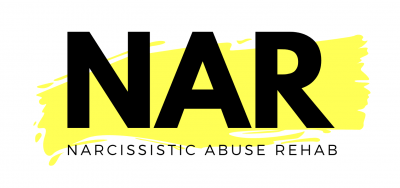Pulitzer Prize-winning journalist and divorce coach Amy Polacko joins us to unpack the alleged post-separation abuse of Catherine Kassenoff.
Narcissistic Abuse
Narcissistic abuse is a term used to describe a specific type of psychological manipulation and control inflicted by individuals with narcissistic traits. Our mission is to shed light on the dynamics of narcissistic abuse, its impact on survivors, and strategies for healing and recovery.
Learn about the link between narcissistic abuse and anxiety, signs, symptoms, and recovery with doctoral candidate April Nisan Ilkmen, LMFT.
Understanding Narcissistic Abuse: Learn about the cycle, signs, and recovery from emotional manipulation and toxic dynamics.
Learn about how narcissistic abuse lead to a range of adverse health outcomes, including major depression.
Hoovering is a term used to describe a manipulation tactic used to re-engage survivors in the cycle of narcissistic abuse.
If you’ve ever wondered why narcissists send flying monkeys, learn how these enablers facilitate campaigns of abuse y proxy.
Legal experts Derek Jacques and Samantha Drum weigh in on how to prove narcissistic abuse in a court of law.
Attorney Derek Jacques, Esq. shares expert tips for parents navigating divorce and child custody cases with narcissistic co-parents.
Triangulation is a manipulation tactic commonly used by to assert power and control in the context of the narcissistic abuse cycle.
Discover the most common isolation strategies used by narcissistic people to assert power and control in their relationships.










